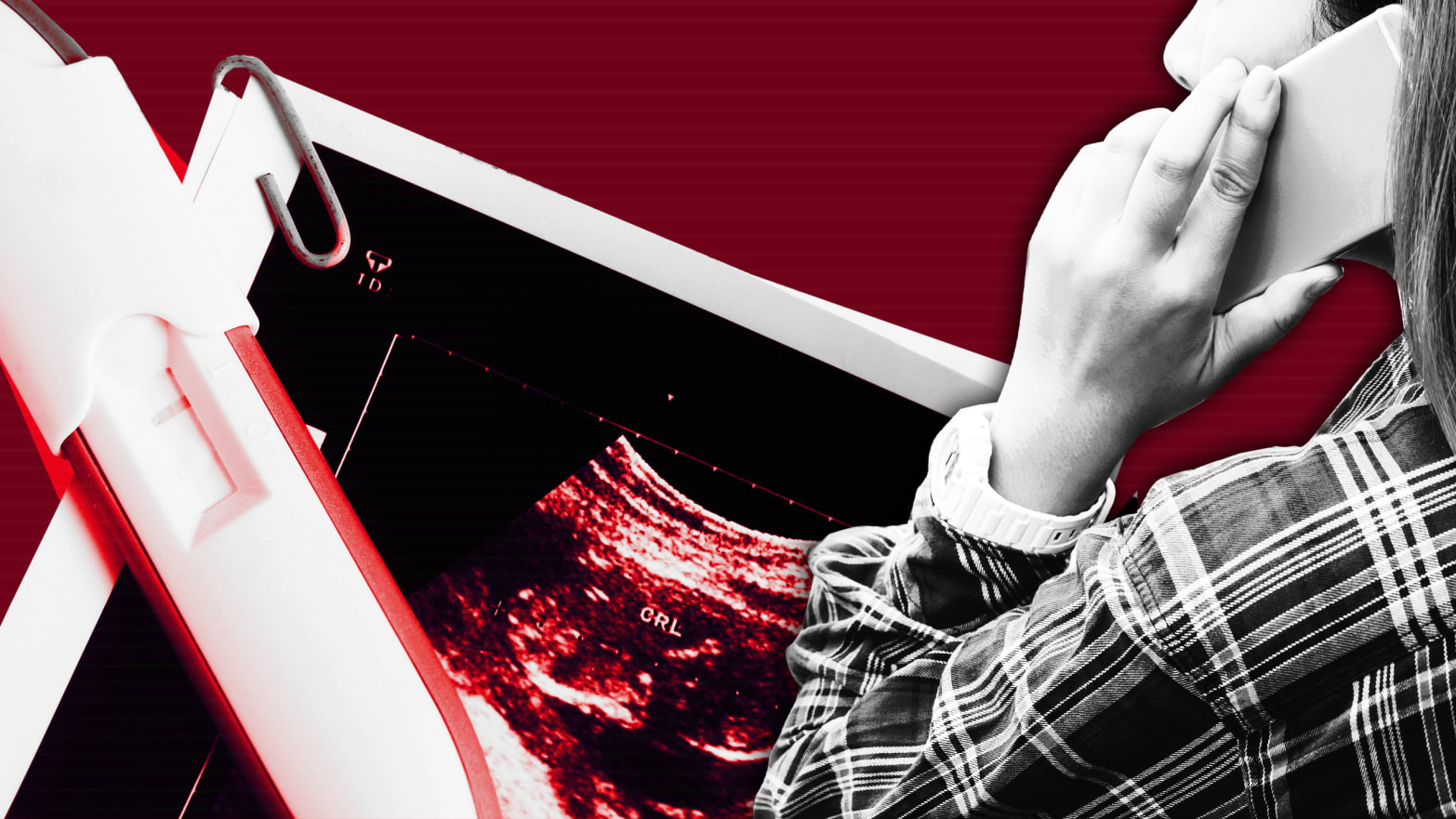The directions are simple: Leave a voicemail on the secure line with your first name only. Explain why you’re calling, but use as few details as possible. When the call comes back, it will be from a blocked number: An advocate will give you information about your legal rights or—if necessary—activate a network of attorneys around the country to help you with your case.
These are the strict instructions, laid out on a basic, bold-type website, to access a new helpline for women who’ve performed their own abortion. Staffed by members of the Self-Induced Abortion (SIA) Legal Team, the helpline gives information to women who are worried about the legal consequences of ending their own pregnancies.
The helpline centers around the idea that, as home abortion becomes safer and more accessible in the U.S., the most pressing danger to women is not the physical harm from a self-induced abortion but the criminal charges that could stem from performing one.
Jill Adams, the founder of the SIA Legal Team, told The Daily Beast that there should be no need for legal intervention if people are self managing their abortions safely, effectively, and privately. “The problem is that they’re getting investigated, arrested, and locked up for it,” she said. “So that’s why we came into existence—to try to help prevent that.”
The helpline, launched Tuesday, is staffed by non-attorney advocates who can answer general questions about interacting with police and medical professionals. Available information ranges from the laws around self-induced abortion in different states to what police need in order to obtain a warrant.
Immigrant women, for example, can learn how much of their citizenship status they must reveal if questioned by police about a procedure. Women suffering from complications can learn whether doctors in their state are required to report any suspected self-induced abortions. And women who’ve already been arrested can learn about attorney-client privilege and the public defender system.
Adams said the helpline was a response to demand from the communities they serve most often: poor women, young women, and women of color. These communities are already disproportionately targeted by police, she explained, and thus have some of the most anxiety about performing their own abortions.
“Folks in those communities have been very clear that what they need is lawyers,” Adams said. “They want to know that there’s a number to call when it’s a person in their community, in their neighborhood, who gets nabbed next.”
This fear stems from the fact that, while abortion is legal across the U.S., self-induced abortions are not. Seven states directly outlaw self-induced abortions, while 11 have fetal-harm laws that can be used in home abortion cases. Fifteen states have legal restrictions on abortion providers that can be used to charge women who self-induce.
Adams said the SIA Legal Team is aware of at least 20 women who have been charged for ending their own pregnancies since 1973, when the Supreme Court legalized abortion across the country. The most well-known of these women is Purvi Patel, who was sentenced to 20 years in prison for feticide and child neglect in 2013, before an Indiana appeals reduced her sentence to less time than she’d already served. By that time, Patel had spent nearly three years behind bars.
To protects its users, the SIA Legal Team keeps calls on its helpline confidential and anonymous. Users can message advocates on an encrypted platform, and even make up a false name if they prefer. All advocates go by the same name—Alex—and will not leave voicemails unless the caller allows them to do so.
But system isn’t foolproof. Jens David Ohlin, vice dean of the Cornell Law School, said it was possible that advocates could be called to testify about their conversations if a helpline user ever faced charges.
“If they basically confess to the hotline operator and the operator testifies to that, that could conceivably be very damaging to the caller if there was a criminal prosecution,” Ohlin told The Daily Beast. “I wouldn’t be surprised if someone looks at that and says, ‘Jeez, do I really want to call this number and have this conversation?’”
Adams acknowledged this vulnerability, and said advocates would purposefully limit the amount of information they requested, recorded, and stored in order to reduce the threat. Callers who need legal advice, she added, would be connected with an attorney in the SIA Legal Team network who could establish attorney-client privilege.
The helpline launch comes just weeks after the debut of Aid Access—a website that ships abortion-inducing drugs to households in the U.S. for less than $100. The Food and Drug Administration prohibits the sale of these drugs online, and told The Daily Beast it was evaluating the company for violations of the law.
But advocates say the launch of the website demonstrates the growing demand for self-managed, medical abortions. Rebecca Gomperts, the doctor who started site, told The Atlantic that Aid Access served 600 women in its first six months. In a statement at the time, Daniel Grossman, a professor of at the University of California San Francisco, called medical abortion “extremely safe and effective.”
“When it comes to self-managing an abortion, research shows that when people have accurate information and access to high-quality medication, they can use the abortion pill safely and effectively on their own,” he said.
Even as medical abortions become safer and more readily available, however, the threat of prosecution remains. And under President Donald Trump—who famously declared that women who seek abortions should get “some form of punishment”—advocates fear a crackdown could come sooner rather than later.
Adams said that’s why the help line is so crucial now.
“As the physical threat posed by dangerous methods of self-managed abortions have waned, the legal threat posed by punitive state responses to them emerged,” she said. “The symbol of the coat hanger is being replaced by the symbol of the handcuffs.”

